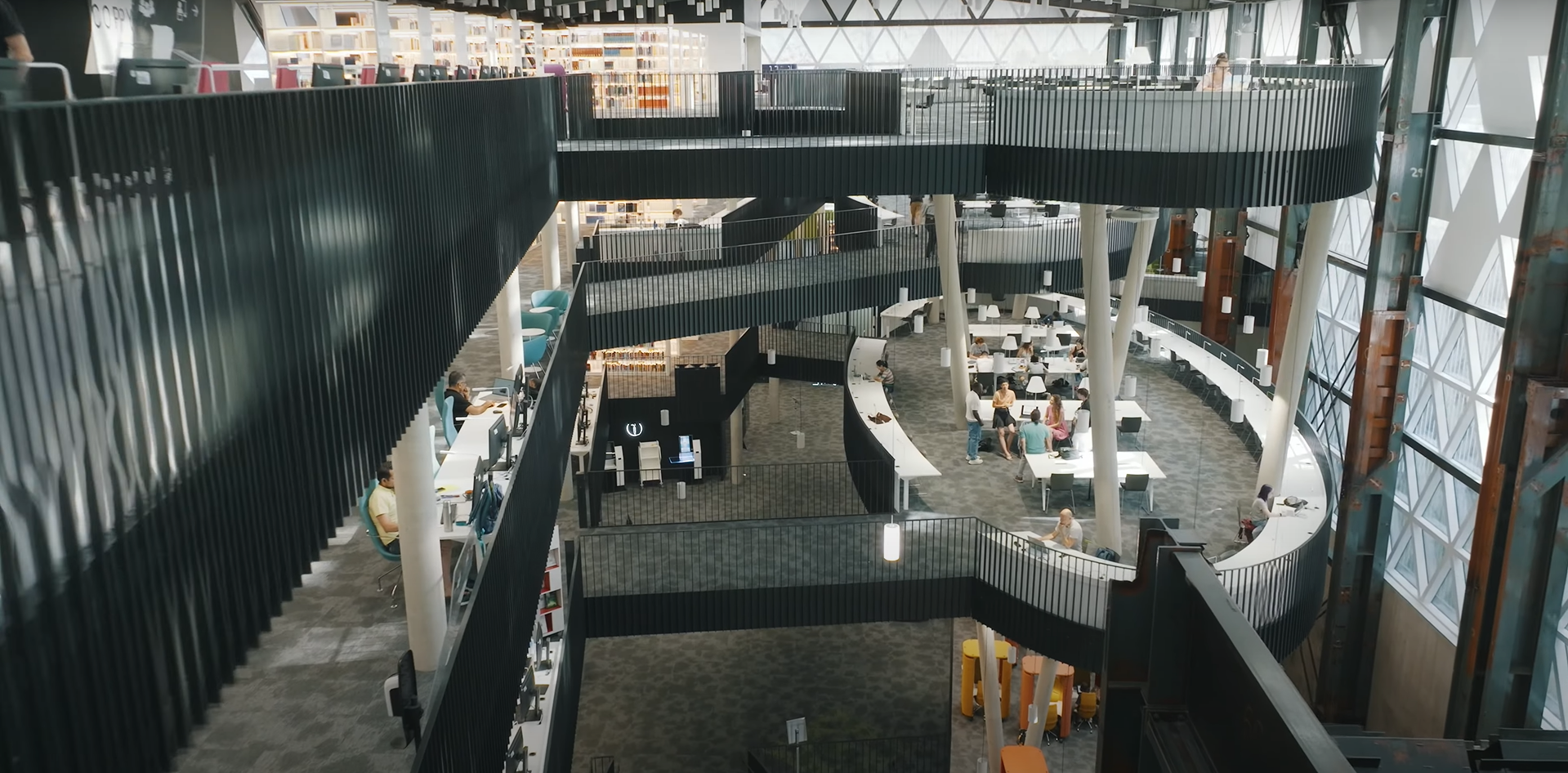Prédire l’arythmie 30 minutes avant qu’elle ne se déclenche
Des chercheurs du Luxembourg Centre for Systems Biomedicine (LCSB) ont récemment mis au point un modèle capable de prédire le passage d’un rythme cardiaque normal à la fibrillation atriale. Ce rythme cardiaque irrégulier est associé à des risques accrus d’insuffisance cardiaque, de démence et d’accident vasculaire cérébral. Elle représente une lourde charge pour les systèmes de santé, ce qui fait de sa détection et prise en charge précoce un objectif majeur.











